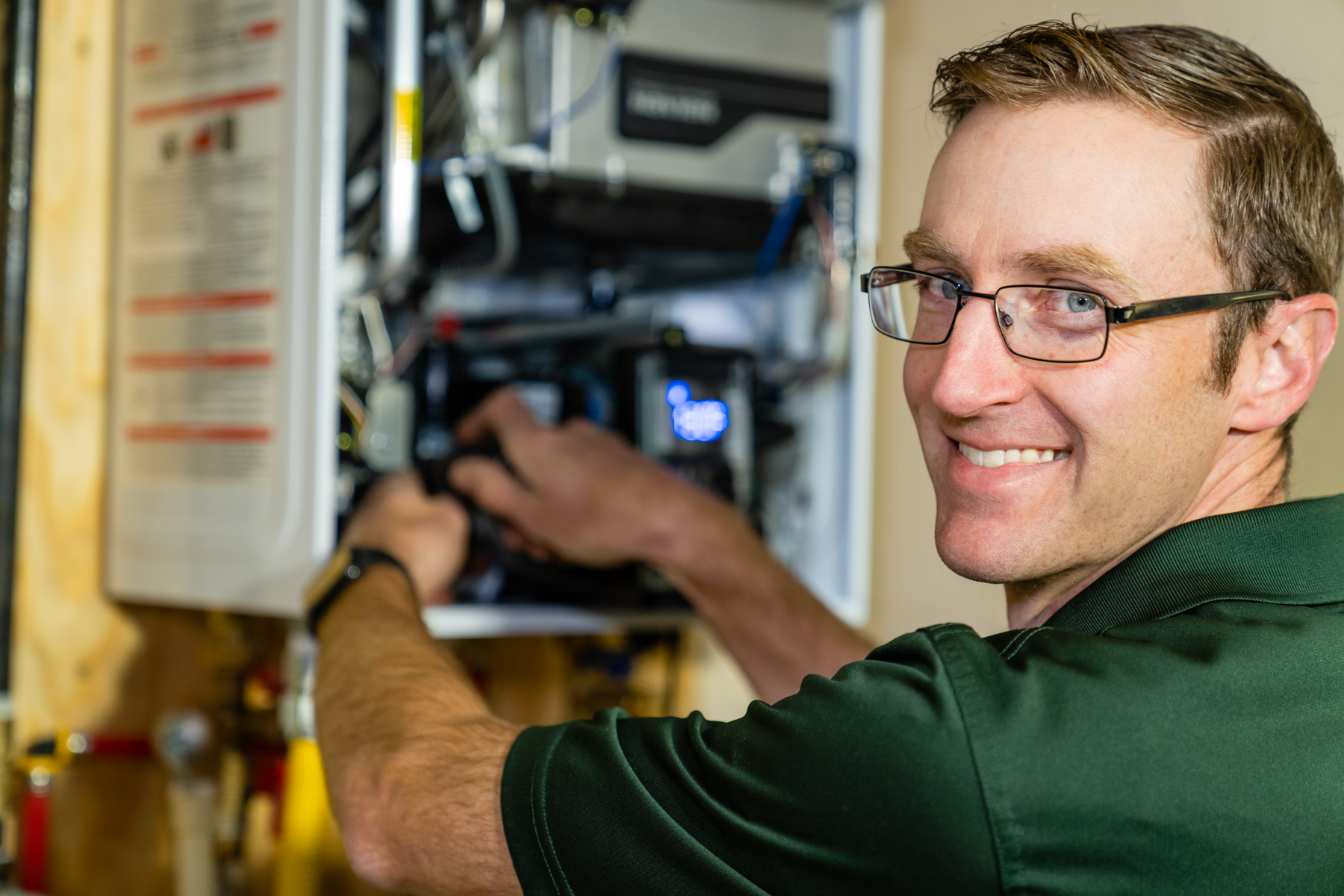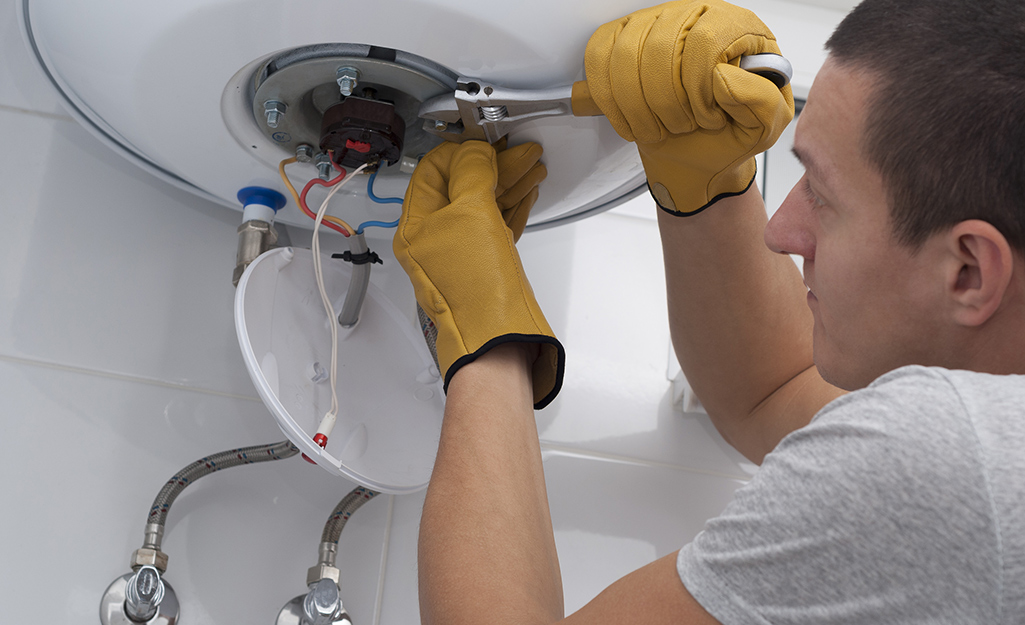They are making several good annotation related to The Importance of Water Heater Maintenance in general in this post on the next paragraphs.

A water heater is just one of the most vital basic home appliances that can be discovered in a residence. With water heaters, you don't need to undergo the stress and anxiety of heating water by hand every time there is a demand to take a bath, wash, or the dishes. There is always a possibility that your water heating system would act up as with many mechanical tools.
It is very important to note any little malfunction and tackle it rapidly before points get out of hand. Most times, your hot water heater starts to malfunction when there is a build-up of debris as a result of continuous usage. As a preventative measure, regular flushing of your hot water heater is advised to avoid debris buildup and also protect against practical failing.
Typical water heater emergencies and also just how to deal with them
Too little hot water
Taking care of an inadequate supply of hot water can be aggravating. It might be that the hot water heater can't sustain the warm water demand for your house. To manage this problem, you might attempt to adjust your heater's temperature level dial and wait for a few minutes. You can ask for the assistance of a specialist plumber if the problem persists. You could upgrade your water heating system to one with a bigger capacity.
Fluctuating water temperature level.
Your hot water heater might begin generating water of various temperatures generally ice cold or scalding warm. In this circumstance, the first thing you do is to make certain that the temperature level is readied to the preferred degree. If after doing this, the water temperature level maintains changing throughout showers or other tasks, you may have a malfunctioning thermostat. There may be a requirement to replace either the home heating or the thermostat unit of your water heater.
Leaking hot water heater tank.
A leaking container could be an indication of rust. It might create damages to the flooring, wall surface and also electric gadgets around it. You might also go to threat of having your house flooded. In this circumstance, you must shut off your hot water heater, allow it to cool, and also thoroughly seek the source of the issue. At times, all you need to do is to tighten up a couple of screws or pipeline connections in cases of small leakages. If this does not function as well as the leak lingers, you might require to employ the solutions of a service technician for a suitable substitute.
Stained or smelly water
When this takes place, you require to recognize if the issue is from the water or the storage tank resource. You are particular that it is your water heating system that is defective if there is no amusing scent when you run cool water. The stinky water can be brought on by corrosion or the build-up of microorganisms or debris in the hot water heater tank. When you notice this, you can try flushing out your storage tank or changing the anode if the trouble lingers. The feature of the anode is to clean out microorganisms from your storage tank. Because the anode pole substitute needs a thorough knowledge of your water heating system, you will need the aid of an expert.
Final thought
Some home owners disregard little caution and also minor faults in their water heater unit. This only brings about more damages and a feasible total break down of your appliance. You need to take care of your water heater faults as quickly as they come up to prevent more expenses and unneeded emergency problems.
With water heating units, you don't need to go through the stress of heating water by hand every time there is a demand to take a bath, do the laundry, or the dishes. It may be that the water heating unit can't support the hot water demand for your home. Your water heating system could begin creating water of different temperature levels usually ice hot or cold warm. If there is no funny scent when you run cool water, then you are certain that it is your water heater that is damaged. The stinky water can be caused by rust or the buildup of germs or sediments in the water heater container.
Water Heater Burst: Why This Happens And What To Do Next
Water Heater Explosion Warning Signs
Since storage water heaters are made of metal and store large volumes of heated water, they carry an increased risk of leaking or even exploding as they begin to rust at the fittings and seams over time. If the thermostat controlling the water temperature within the tank is faulty, or if mineral buildup inside the water heater prevents the thermostat from sensing the water’s temperature correctly, the water could become overheated. This will expand its volume within the tank, causing it to press at the tank’s fittings and seams. If these fittings and seams are rusted or corroded, the pressure could result in a leak or even an explosion.
Here are some risk factors and warning signs of an increased risk of water heater leak or explosion:
Your water heater is more than 10 years old. Your water heater makes clanking, banging or rumbling noises as it heats up, indicating that sediment has built up and hardened inside the tank. There is visible rust on the outside of the water heater, especially located at the pipe fittings or the seams that run down the tank. There is rusty water coming from your water heater, indicating that there may be rust building up inside. Your water heater is leaking, which could indicate either a crack somewhere in the tank or a malfunctioning temperature-and-pressure (T&P) relief valve. What To Do When Water Heater Leaks
If you find water dripping or seeping out of your water heater, or pooling around it, it means your water heater is leaking. If you find a leak, it may be best to call a plumbing professional to diagnose the problem and determine how best to handle it. If you choose to tackle it on your own, there are a few things you can do.
TURN OFF THE POWER
Next, shut off the power to the hot water tank at your home’s electrical breaker box. If you don’t shut off the power, the heating elements within the tank could continue to stay hot, which could pose a fire risk.
If you have a gas-powered water heater, you’ll also need to shut off the gas line leading into the tank.
FIND THE LEAK
Now it’s time to determine where the leak is coming from. Likely locations are the T&P valve, the drain valve or one of the pipes or fittings that feed into the top of the tank. If you see any rust or corrosion on the outside of your water heater’s tank, pipes or fittings, these could also be the source of the leak.
REPAIR THE LEAK
Once you determine the source of your water heater leak, you’ll have a better idea of what steps you need to take to fix the problem. It may be a simple fix—such as using a wrench to tighten fittings or replacing the T&P valve—but it may be something more complicated. You may even need to drain the tank, remove the water heater and install a new one.
https://www.abchomeandcommercial.com/blog/water-heater-burst/

Do you really like reading about The Importance of Water Heater Maintenance? Place feedback further down. We'd be delighted to find out your ideas about this blog posting. We hope to see you back again later on. For those who appreciated our article kindly make sure you remember to share it. Thanks a bunch for your time. Kindly check our website back soon.
Professional touch for plumbing woes.